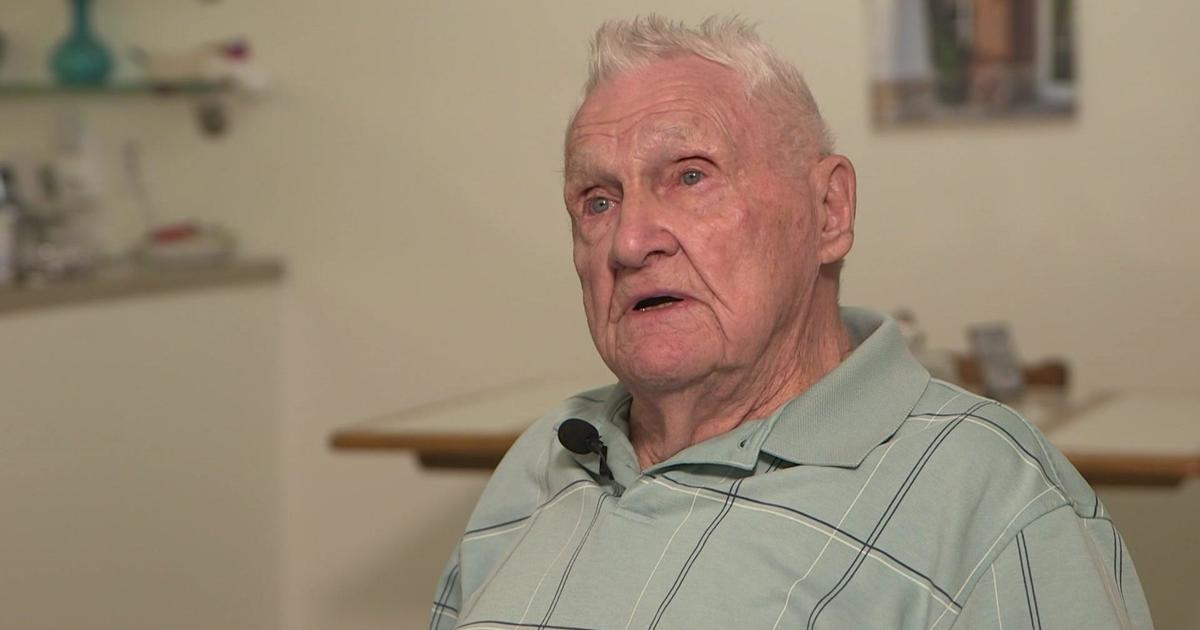Good Question: What Should You Know About A Charity Before Donating?
MINNEAPOLIS (WCCO) -- The country's largest car donation nonprofit is in trouble with the Minnesota Attorney General's Office. The AG's office says Car Donation Foundation misleads donors about where their cars are going. Investigators also say the nonprofit only gives 20 percent back to charity, while the rest of the money goes to fundraising, administrative costs and to for-profit companies owned by the nonprofit's founders.
So, what should you know about a nonprofit before you give? Good Question.
"There's a lot of things they can look for. First and foremost, make sure they are tax deductible," says Kris Kewitsch, executive director of Charities Review Council.
Charities Review Council works with nonprofits to inform donors about charities. They ask participating nonprofits questions to ensure they meet 25 standards of accountability. Those standards range from public disclosure to governance to finance to fundraising.
According to the Minnesota Attorney General's Office, most nonprofits that solicit money in Minnesota are required to register with the state. They also have to file certain public financial documents, including IRS forms detailing what they spend.
There are no state laws that require how much a nonprofit must spend on its charity versus administration, fundraising and overhead. The Minnesota Attorney General's Office does not offer any guidelines, but the Charities Review Council sets that bottom threshold at 65 percent. They say the ideal range for spending on programming should be between 70 and 90 percent. Anything above 90 percent or below 70 percent raise a red flag, and the Charities Review Council asks the nonprofit to explain why.
"It takes money to run an organization and to be able to invest in the organization infrastructure. It takes money to raise money," Kewitsch says.
People can find information about a charity's finances on that charity's website, the Minnesota Attorney General's database, Charity Navigator or the Charities Review Council.
"Any donor should feel confident and comfortable in being able to contact any organization and ask questions," Keiwtsch said. "Ask questions until you get all the answers you need and then you can say yes or no."



